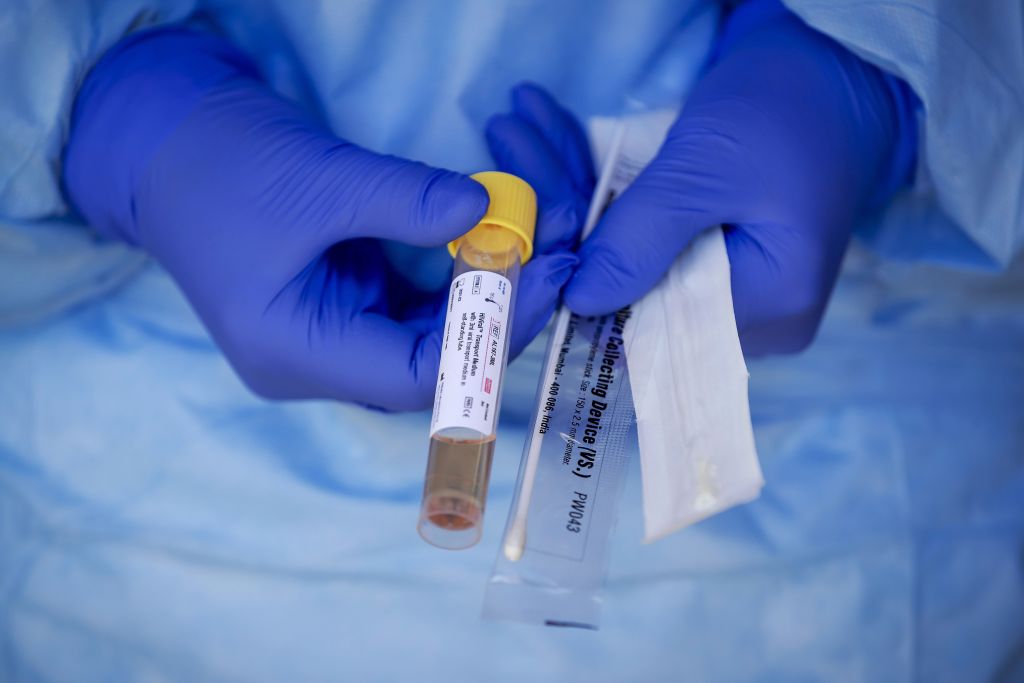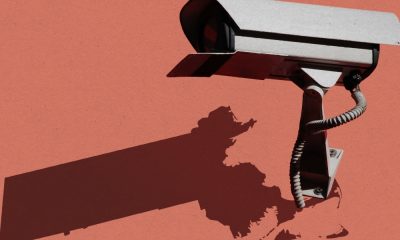The Centers for Disease Control and Prevention (CDC) Director Dr. Rochelle Walensky has tested positive for COVID-19.
The public health agency announced Saturday via its website that Walensky tested positive for the virus on Friday night, adding that she’s up to date with her vaccines and only experiencing mild symptoms.
Walensky is following the CDC’s guidelines for isolation and precautions for people with COVID-19, so she has been isolated at home after receiving her test result.
Per the guidelines, a person who has tested positive for SARS-CoV-2 should stay at home for at least 5 days and isolate from other people inside their home. This is because a person who contracted the virus is likely most infectious during the first 5 days.
The patient is also advised to wear a high-quality mask if there are other people at home, but they should separate from others as much as possible and even use a separate bathroom, if possible.
Sharing personal household items, like cups, towels, and utensils is strongly discouraged. The patient should monitor their symptoms and seek emergency medical care should they experience severe symptoms, such as difficulty breathing.
Despite the diagnosis, the CDC director intends to keep going with her work engagements by participating in her planned meetings virtually.
CDC senior staff and close contacts of Walensky have been informed of her positive test result and are currently taking appropriate action to monitor their health.
Walensky’s diagnosis came amid the falling COVID-19 cases in the United States as the country moves into the fall season, reported CNN.
But experts warned that cases could begin to climb again in winter like in the past two pandemic winters. For this reason, they strongly encourage everyone to be up to date with their vaccines and get boosted for more protection against COVID-19.
The CDC recommended the updated bivalent COVID-19 boosters from Pfizer and Moderna in September since they target the original strain and the newer omicron subvariants.
Earlier this week, the public health agency also signed a memo allowing adults aged 18 and above to get the Novavax monovalent booster if they could not receive the mRNA bivalent booster.














